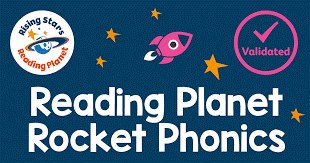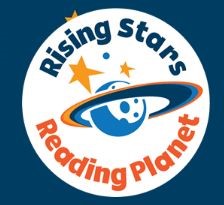
Introduction
At Tor View School we identify Communication, Reading and Writing as the most important skills for all our learners. We deliver these skills through our individual targeted teaching (Key Skills). The appreciation of books and words is taught through English lessons and a broad and balanced age-appropriate content is provided throughout our learners’ school career and throughout our curriculum.
Delivery Across School
Individual targets are identified in accordance with our Assessment, Recording and Reporting Policy. These are taught specifically through Key Skills Lessons following the guidelines in our Key Skills Policy Document. Communication, Reading, and Writing are key areas of focus within our daily Key Skills lessons. An additional twenty-five minutes each day is dedicated to teaching Reading (including phonics and/ or phonics, guided reading).
Reading
Objectives
To develop a love for reading and encourage reading for pleasure.
To read, share and access a range of books and literature.
To teach a variety of reading strategies including synthetic phonics, sight vocabulary and functional literature.
To teach functional reading skills including e-literature.
Synthetic phonics or the pre-requisite skills are taught to all pupils through their Key Skills sessions and within Reading time. A multi-sensory approach is used in teaching phonics to allow for access difficulties (Downs Syndrome research – Snowling, Nash & Henderson 2008 http://www.down-syndrome.org/reviews/2066/). Rising Stars Rocket Phonics is used to teach reading.
Throughout the school all teachers are aware that reading is an essential skill which is an integral element of all subjects and activities. It is the responsibility of all members of staff to provide opportunities to develop and generalise individual learners’ reading skills. The school is committed to providing a literacy rich environment to allow learners every opportunity to generalise their reading skills for example in FE learners read signs in the environment.
Each Key Stage (EYFS to KS 5) follows a reading scheme which allows progression throughout the school. The scheme is based on the Rocket Phonics Reading scheme. This uses a blend on physical resources/ texts and online resources provided via boost-learning.com.
As per the Rocket Phonics Reading scheme, learners decoding sounds from Pink B onwards will have individual reading books which they can fully decode to practice segmenting and blending sounds independently. A Rocket Phonics Reading book, relative to their ability is used to introduce new sounds. Online texts can be shared as homework via Rocket Phonics Website and categorised reading for pleasure books are also sent home to support reading, these books are fully decodable by the reader. All pupils are assessed in phonics using the phonics assessment spreadsheet and are set accordingly.
A reading test is carried out each May to determine the reading age of each learner and this includes accuracy and comprehension– we use the Salford Reading Test. Learners have a daily reading opportunity at school supported by a member of teaching staff.
Alongside phonics, learners also learn to read the high and medium frequency words from the National Literacy Strategy. Learners use flashcards and multi-sensory methods to learn these words. Once pupils have learnt all 300 words then they are encouraged to extend their vocabulary by reading varied age-appropriate texts. This is supported with the use of the statutory word lists from the National Curriculum 2016.
The school library is centrally located within the school and all learners have access to the library. The texts available link to the curriculum and support learners to develop their love of reading.
Primary classes have reading areas within their classrooms relative to their ability and have access to the school library as appropriate. Each Secondary class has subject related literature available. There are regular trips to local libraries to support learners to engage with reading.

